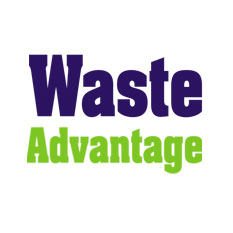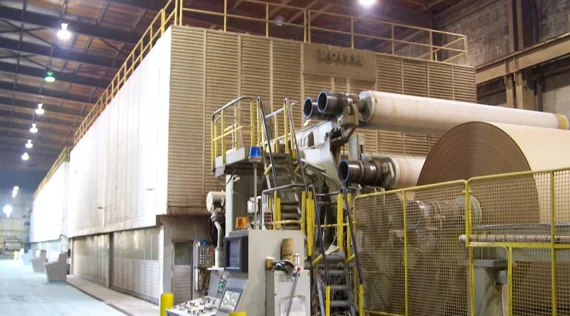How All Nippon Airways is Repurposing Used Cargo Plastic Across its Operations
Waste & Recycling | 2022-10-04 01:27:59
The initiative consists of the collection of used plastic cargo coverings; these are then converted into recyclable plastic goods, which will be used by the ANA Group.
SEATTLE (Waste Advantage): All Nippon Airways, commonly known as ANA, has launched a recycling campaign with a leading plastics trading company, Sojitz Pla-Net, to reduce the disposal of plastic waste. The partnership marks the first recycling campaign to be ever launched by a Japanese airline. Let’s have a closer look at the project. ANA has teamed up with a leading plastics trading company, Sojitz Pla-Net, to launch a recycling campaign aiming to reduce plastic disposal. The initiative consists of the collection of used plastic cargo coverings; these are then converted into recyclable plastic goods, which will be used by the ANA Group. The process involves the following steps:
- ANA collects plastic coverings used for cargo across different Japanese airports
- Once collected, all labels, tape, and adhesives are removed so that the materials can be compressed
- Sojitz Pla-Net then collects the compressed materials and recycles them into pellets
- The pallets are then delivered to manufacturers of plastic products used by the ANA Group
- The plastic goods will be employed across various operations, including plastic film coverings for cargo and in-flight garbage bags.
ANA’s announced partnership with Sojitz Pla-Net is a novelty in the Japanese aviation industry; ANA is the first airline in this country to adopt such an innovative and sustainable approach to operations.The recycling initiative is part of ANA’s medium-to-long-term environmental plan. The Group aims to reduce the disposal rate of various resources by at least 70% between 2019 and 2030, on the path to achieving zero waste by 2050.
Courtesy: www.wasteadvantagemag.com
 By
By 